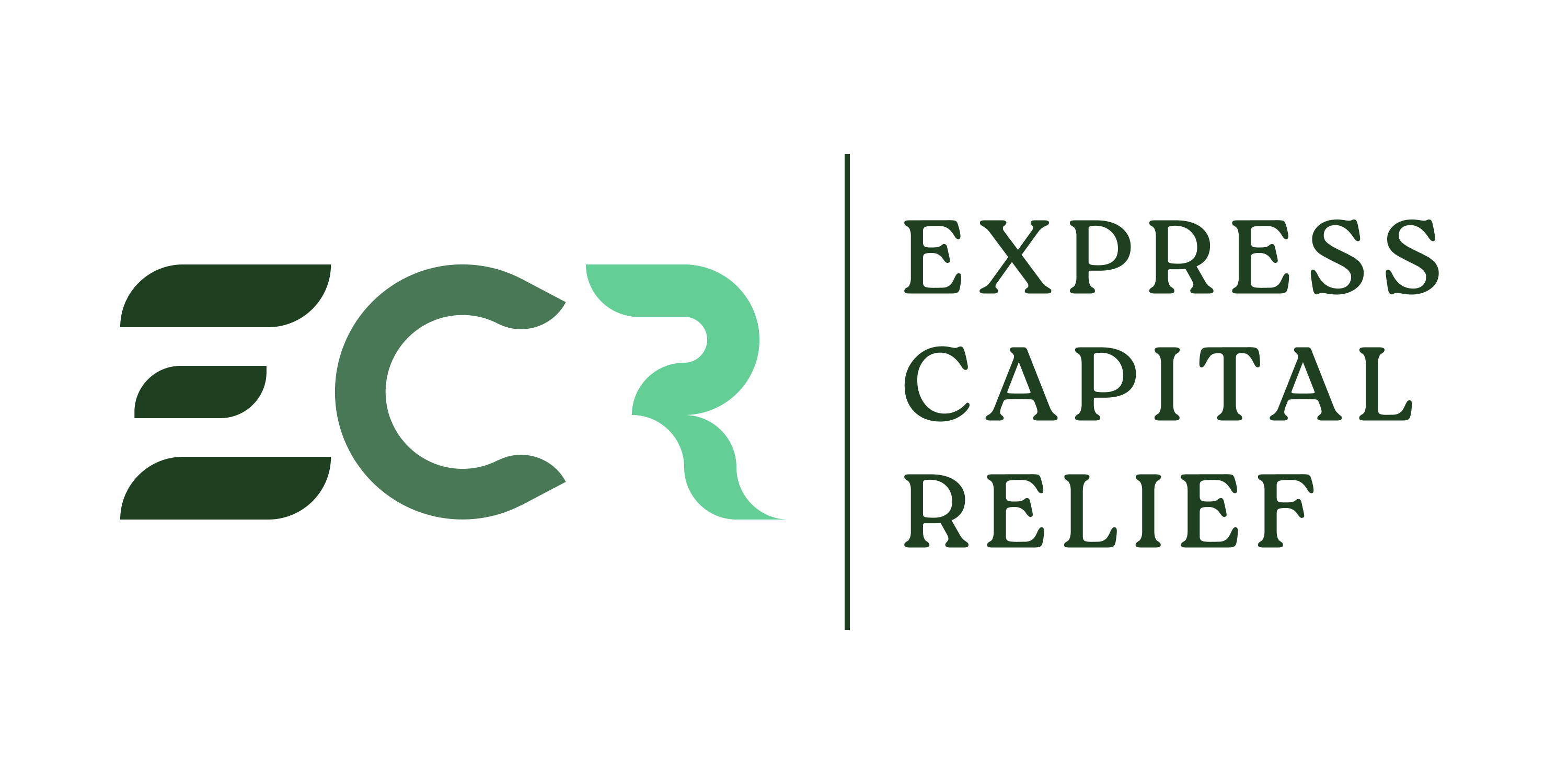Blog Details








How Daily MCA Payments Drain Your Cash Flow
It often starts with urgency. Sales are slowing, expenses are piling up, and traditional lenders are saying no. So when a Merchant Cash Advance (MCA) offers fast funding with no lengthy approval process, it feels like a lifeline.
It often starts with urgency. Sales are slowing, expenses are piling up, and traditional lenders are saying no. So when a Merchant Cash Advance (MCA) offers fast funding with no lengthy approval process, it feels like a lifeline. The money lands in your account within days, and operations finally breathe again for a moment.
But soon, reality hits. Every morning, before a single rupee comes in, a chunk of your revenue is automatically withdrawn to repay the MCA. It doesn't matter if the day's sales are strong or slow; the deduction is non-negotiable.
Over time, these daily payments begin to strain your cash flow. There's less flexibility and fewer funds for essentials like payroll, inventory, and rent. Growth plans are put on hold, and business decisions start revolving around just one question: "Can we afford tomorrow's deduction?" What was meant to be a short-term fix quietly becomes a long-term burden.
Many business owners find themselves trapped in a cycle where repaying the MCA feels more burdensome than the original financial issue it was meant to solve.
In this blog, we'll break down how daily MCA payments gradually drain your cash flow, the hidden risks they carry, and what steps you can take to regain control before it's too late.
What Is an MCA and How Does It Work?
A Merchant Cash Advance isn't a loan in the traditional sense. Instead, it's a lump-sum advance based on your future credit card sales or daily revenue. In return, you agree to repay a fixed percentage of your daily income(or make fixed daily/weekly payments) plus fees that often translate to triple-digit APRs.
For instance, you might receive $50,000 in cash but must repay $65,000 over roughly six months through $500 daily deductions. While MCAs offer speed and accessibility, they rarely provide sustainable financial relief in the long run.
The True Cost: How Daily MCA Payments Drain Cash Flow
Now, let's examine how MCAs can threaten your financial well-being.
Daily Repayments Drain Available Operating Capital
If daily money is drawn from your account before paying staff, vendors, or rent, you can't reinvest in growth. If you're generating $1,000 per day and $400 goes to your MCA, that's 40% of your revenue gone daily. You're left trying to run a business on thin margins. This can lead to missed payroll, delayed inventory purchases, an inability to cover utilities or rent, and stunted growth due to a lack of reinvestment.
Inflexibility When Sales Drop
MCAs aren't attached to profits; they're attached to revenue. Whether you collect or not, the payment is made. In slow months, you still pay the same daily amount. If revenue is down, the amount of cash flow going to the MCA rises. You're forced to choose between the MCA and crucial operations.
Compounding the Problem: Taking on More Advances
Many businesses take a second or third MCA to cover the first, which is called "stacking." The result will be multiple daily deductions. Example: $400 to first MCA, $300 to second MCA = $700/day in deductions. This turns into a dangerous spiral where you're borrowing just to stay afloat, not to grow.
Bank Account Disruptions and Overdrafts
Because MCAs pull directly from your bank account, if you don't have sufficient funds, you can incur overdraft fees. Repeated negative balances might result in your bank freezing your account or terminating the relationship. Vendors may not get paid, damaging business relationships.
Credit Damage (Even if It's Not Reported)
While MCAs don't typically report to business credit bureaus, defaults can lead to collections or lawsuits that do show up. Judgments or liens against your business become a public record, affecting your ability to secure traditional financing.
Emotional and Strategic Burnout
Daily financial stress often pushes business owners into survival mode: You stop making long-term plans. Focus shifts to "making today's payment" rather than building the future. Team morale and confidence erode when resources are tight or unpredictable.
MCA Payments Prioritize Lender Profit, Not Business Health
MCAs are structured to protect the lender: They get paid first, regardless of whether your business can afford it; they often come with personal guarantees, meaning your personal assets are at risk if your business defaults; this aggressive repayment model makes the MCA predatory in practice, even if it's legally structured differently.
What Can You Do If You're Struggling With MCA Payments?
You're not alone and there are ways out.
Renegotiate Your MCA Terms
- Some lenders will restructure your repayment terms if you show genuine hardship.
- You can request reduced daily payments or longer repayment terms.
- Always document cash flow and hardship clearly to make a stronger case.
MCA Debt Relief or Settlement
- Specialized firms can negotiate a settlement, you pay a lump sum or structured settlement less than you owe.
- This may stop daily payments and restore your breathing room.
Business Debt Consolidation
- You may qualify for a lower-interest loan to pay off the MCA and convert daily payments into monthly ones.
- This improves cash flow and makes payments predictable.
Improve Cash Flow Management
- Analyze cash inflows and outflows. Cut unnecessary expenses.
- Offer early-payment discounts to clients.
- Focus on high-margin offerings temporarily.
Get Professional Help
Financial advisors or debt relief consultants can:
- Review contracts
- Identify alternatives
- Help communicate with lenders professionally
This can lead to faster resolution with less risk.
Conclusion: Reclaim Control Over Your Cash Flow
Merchant Cash Advances promise quick relief but often come with a high long-term cost. Daily payments can strangle your operations, force you into further debt, and damage your business's financial health.
The key is recognizing the warning signs early and exploring alternatives like consolidation, settlement, or renegotiation.
You can consult debt professionals who can help you with the right strategy. With the right path, you can restore control over your cash flow and your business future.

